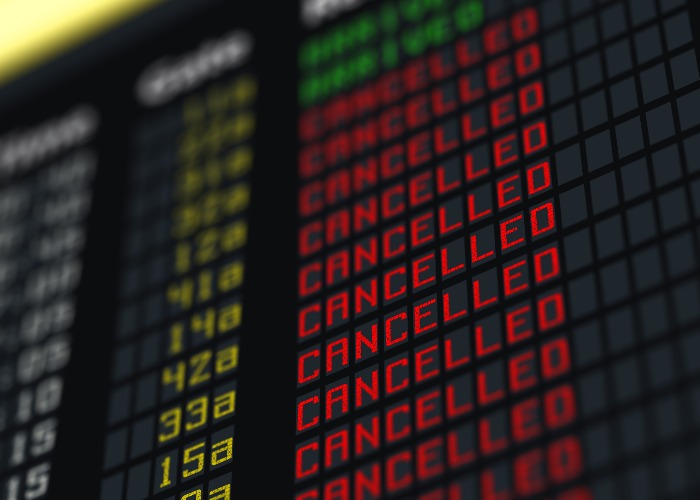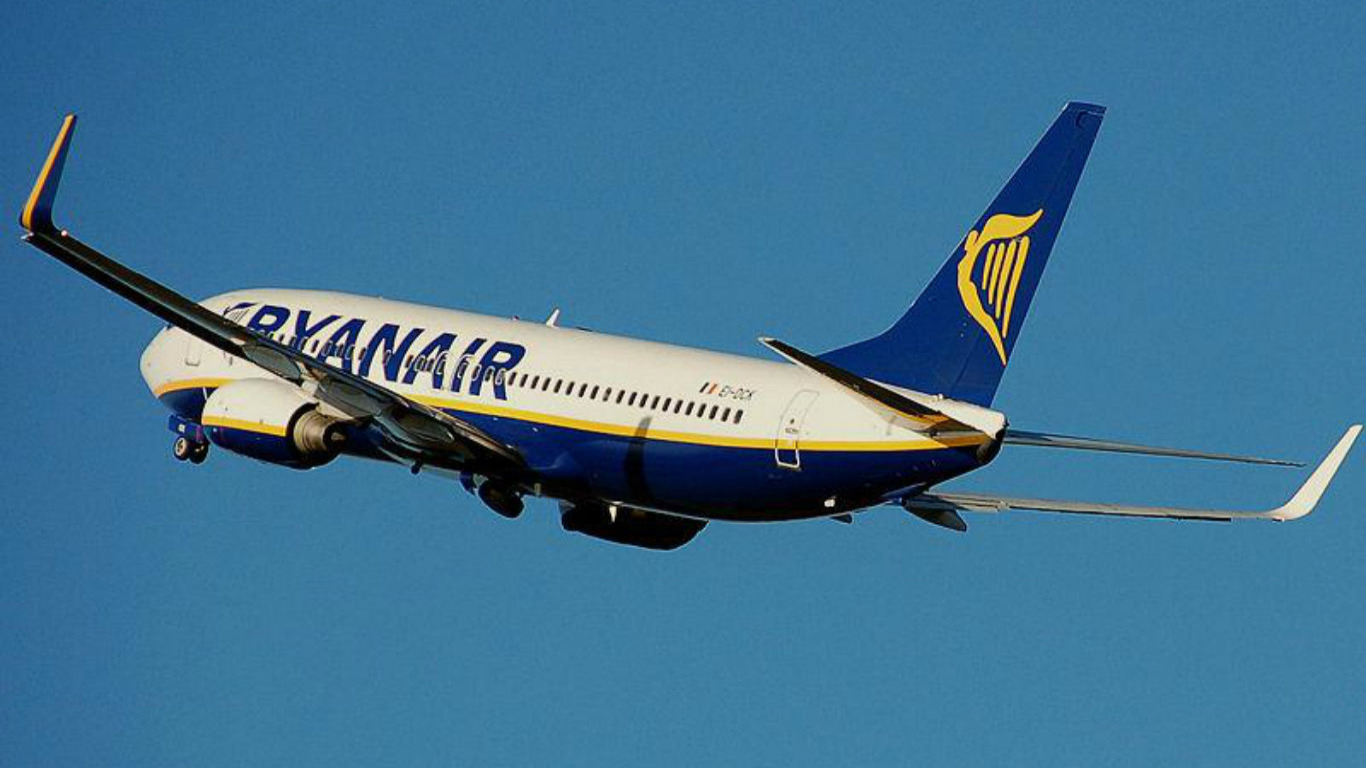Ryanair, British Airways, Wizz Air: refund row over flights during lockdown

Some airlines are refusing to offer refunds to travellers who can no longer take their planned flights due to the lockdown, writes John Fitzsimons.
There has been no shortage of depressing elements to the Covid-19 pandemic, but the behaviour of international airlines has been a particular disappointment.
As flights across the world were rightly cancelled, and holiday plans thrown up in the air, far too many airlines pushed their luck over the requirement to provide cash refunds.
It has led to huge numbers of complaints into the Competition and Markets Authority (CMA), while an investigation by consumer champions Which? suggested that with some airlines as many as eight in 10 passengers who had requested a refund were still waiting to be reunited with their money, months down the line.
And it appears that as we enter a second national lockdown, another row over flight refunds is already looming.
No money back, no guarantee
Michael O’Leary, the charming boss of budget airline Ryanair, went on the Today programme this week and lashed out at the second national lockdown, arguing that it would “achieve even less” than the first one did.
And he dashed the hopes of would-be passengers, who had hoped to get away for a bit in November, who will now apparently be denied refunds.
O’Leary said that if a flight was still operating, travellers who had bought a ticket will not be entitled to their money back. That’s despite the fact that the Foreign & Commonwealth Office (FCO) has called for Brits to avoid all travel that isn’t essential.
Instead, passengers will be offered the chance to change their flight to a later date until March next year, with no additional fee charged. Those changes will need to be made at least seven days in advance of the new flight.
Wizz Air has taken a similar approach, with no refunds offered unless the passenger happened to have paid for the added Wizz Air Flex facility.
British Airways meanwhile has pointed towards its ‘Book with Confidence’ policy, which means that travellers can change the dates and destination of their booking without a change fee (though they will have to cover any difference in price) while if they no longer want to travel, they are entitled to cancel and get a voucher for the same value for a future booking.
That’s not a cash refund, but it’s at least a step in the right direction.
And easyJet has said that customers will be notified if their flights are changing, and offered a range of options including transferring the flights or receiving a voucher or refund for the value of their booking.
It seems barking to me that there are so many approaches to this, when really there is only one that should even be considered – giving passengers their money back.
Simply not good enough

You’d hope that lessons had been learned months ago.
Thanks to European law, airlines are required to offer cash refunds within seven days for cancelled flights, yet we know that all too often they dragged their heels and tried to get out of meeting that requirement.
By August the Civil Aviation Authority (CAA), the industry regulator, said that while some airlines had performed poorly in offering refunds, the situation had improved with the worst offenders having promised to clean up their act.
That Brits have been told to stay at home should make this an open and shut case, with full refunds offered to anyone unable to make their flight, should it still be going ahead. And yet here we are again.
To be fair to the CAA, it’s well aware of its own failings here.
Back in August, it said that it was better for airlines to clean up their own act as its own enforcement powers were “not well suited to swift action” meaning it could take a “considerable period of time for a case to come before the courts”.
The reality is that airlines know the regulator is as nimble as an oil tanker changing direction, and some of them are more than willing to hold off doing the right thing until it’s simply unavoidable.
It’s absolutely appalling.
There’s no denying the fact that the airline industry has been brutally impacted by the Covid-19 pandemic, with hosts of job losses having already taken place and more inevitably on the way.
Businesses across the tourism sector need support so that they can still trade once travel is a viable option once again.
And while the likes of Ryanair can say that they aren’t technically breaking any rules if the flights still go ahead, they know full well that these antics are dishonest and immoral.
Holidaymakers who do as the Government have said, and so don’t take their planned holidays, should get their money back in full even if the flight still goes ahead.
Comments
Be the first to comment
Do you want to comment on this article? You need to be signed in for this feature